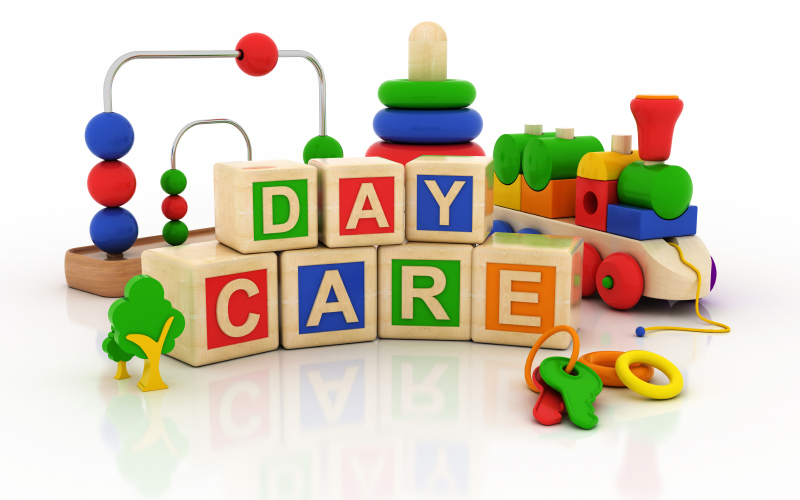Susan Bates: Babies are spending long days in substandard care
 NZ Herald 1 May 2017
NZ Herald 1 May 2017
Family First Comment: Even those within the childcare industry are now expressing concerns!
“We conducted a survey, asking teachers about conditions in their workplaces. We found a picture of stress, tiredness, guilt, sadness and frustration. Teachers and carers in early childhood are dedicated to the children they care for, but working conditions are affecting their health and mental well-being. This can only in turn, negatively impact on children’s well-being. In theory, services are highly regulated and many advertise qualified staff, but in practice, our regulations fall far short of international best practice.”
Family First has already highlighted the concern (and statistics) of disturbing levels of longer childcare for babies and toddlers https://www.familyfirst.org.nz/2016/11/26212/
With stressed parents struggling to pay heavy mortgages or rising rents, more parents of very young children are working long hours to get by. But in many cases babies and toddlers are spending 40 to 50 hours a week in substandard care, in cramped environments with inadequate numbers of staff who are not happy and not coping.
In many suburban streets there are brightly coloured fences with signs advertising early childhood centres in positive tones, but these centres are usually businesses, and the business practices can mirror those in fast food outlets – with devastating consequences.
As a researcher, I founded the Teachers Advocacy Group, a loose Facebook network with hubs in many cities. We conducted a survey, asking teachers about conditions in their workplaces. We found a picture of stress, tiredness, guilt, sadness and frustration.
Teachers and carers in early childhood are dedicated to the children they care for, but working conditions are affecting their health and mental well-being. This can only in turn, negatively impact on children’s well-being.
In theory, services are highly regulated and many advertise qualified staff, but in practice, our regulations fall far short of international best practice.
The attachment relationship in the first years of life is the most important relationship for us all. It creates identity, gives us empathy, allows us to become good members of society, and nurtures our intelligence and our creativity. Without a good attachment relationship there are high risks of poor outcomes in the years that follow.
Carers must form close attachments to young babies to be cued into their needs. They must be adept at reading their emotions and needs. They need to be physically present and emotionally in tune with the baby. They need to be in a calm environment with plenty of space, good adult to baby ratios and a small group size.
Instead, in our centres, a room can have 20 babies or more, and four carers. Only two of these need be qualified. In fact, if the licence covers children in other rooms (a licence can cover 150 children), then the qualified staff may be elsewhere. Even for the qualified teachers, their training is unlikely to have included much detail on the needs of young babies, particularly their optimal mental health requirements.
Often babies spend all day in rooms that are crowded, chaotic and noisy. This is not conducive to fostering the relationships that young children need.
Our space regulations are low by international standards, falling into the bottom third of OECD countries. Our survey found that in rooms containing 20 babies and four carers, one of the carers would often be changing a nappy and another settling a crying child, leaving the other two staff members managing 18 infants and toddlers.
• Susan Bates is an early childhood teacher and lives in Auckland.
READ MORE: http://www.nzherald.co.nz/nz/news/article.cfm?c_id=1&objectid=11845681







